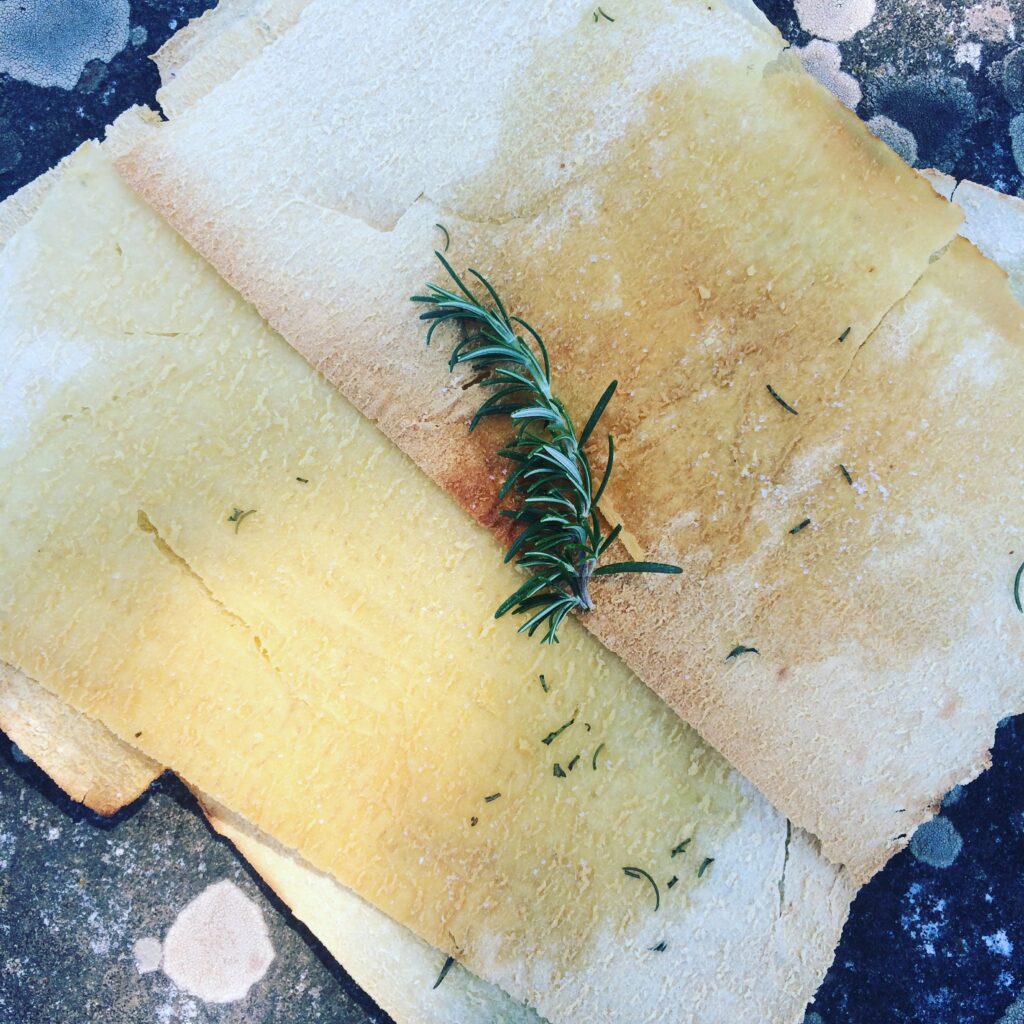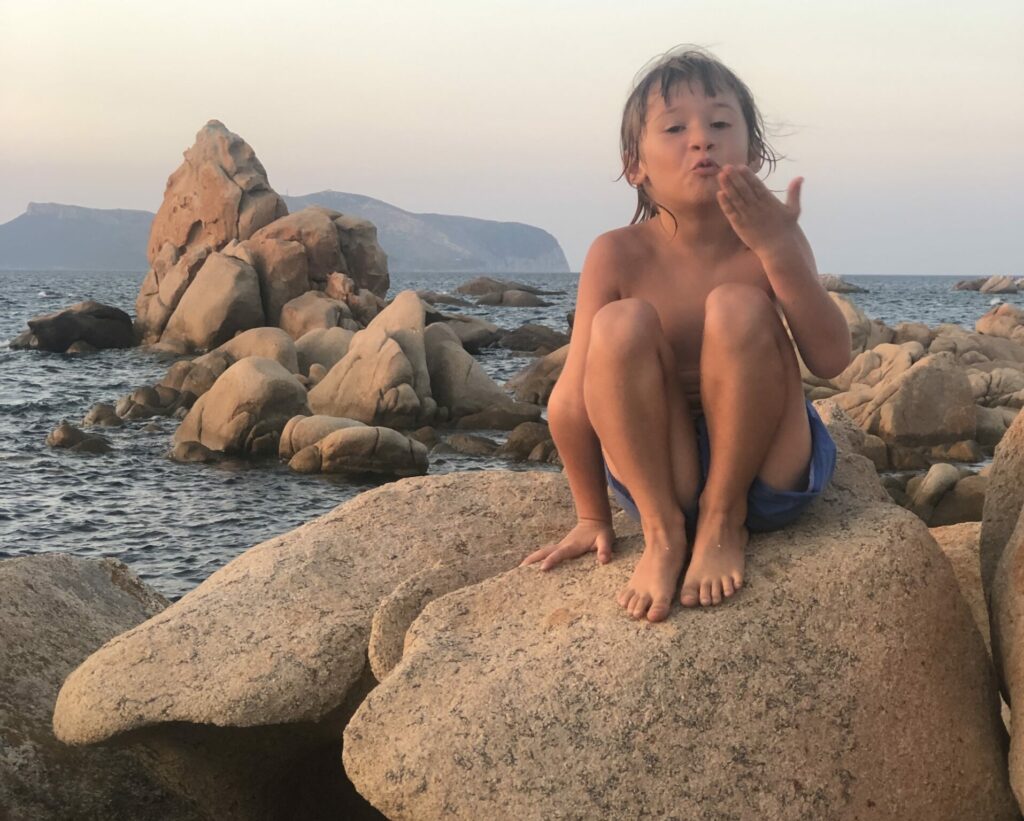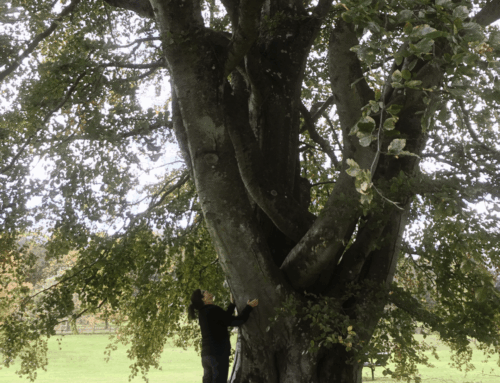Celebrate the mid-August festival Ferragosto with ancient Roman roots by embracing the Italian concept of Il Dolce Far Niente—the sweetness of doing nothing. It offers simple, mindful activities that honor both ancestral traditions and the needs of neurodivergent families.
What is Ferragosto?
As the summer heat reaches its peak in August, Italy celebrates one of its most cherished holidays, Ferragosto. Marked on August 15, this day is a time for relaxation, festivity, and honoring ancient traditions. Today, I want to explore the Italian concept of il dolce far niente—the sweetness of doing nothing—and how it ties into Ferragosto. Together, we’ll create a simple, ancestral-minded celebration that’s inclusive and mindful, perfect for families with neurodivergent kids.
Ferragosto has roots in ancient Rome, where it was celebrated as Feriae Augusti, a holiday instituted by Emperor Augustus in 18 BCE to honor the harvest and the transition from labor to rest. Over time, it evolved into a mid-summer celebration, blending pagan and Christian traditions. Today, Ferragosto is a day when Italians head to the beach, enjoy family picnics, and savor the slow pace of life—a perfect embodiment of il dolce far niente.
The Importance of Il Dolce Far Niente
Il dolce far niente translates to “the sweetness of doing nothing,” and it’s a concept deeply woven into Italian culture. It’s about embracing leisure, finding joy in the simple moments, and allowing yourself to be present without the pressures of productivity. During Ferragosto, this philosophy comes alive as families and friends gather to relax, enjoy good food, and appreciate life’s simple pleasures.
For those of us raising neurodivergent children, holidays can sometimes bring a heightened level of anxiety. The pressure to participate in social gatherings, the changes in routine, and the sensory overload can be overwhelming. I’ve experienced this firsthand with my own family—what’s meant to be a day of joy can quickly turn into a day of stress. But Italy, with its embrace of il dolce far niente, offers a beautiful solution. The idea that we can simply “be,” without the need for grand plans or social expectations, meets our needs perfectly. It allows us to honor our natural rhythms, take a breath, and find contentment in the simplicity of the day.
How to Celebrate Ferragosto Ancestrally Minded with Neurodivergent Kids
It might seem like a tall order to celebrate Ferragosto, using the concept of il dolce far niente, and still be inclusive for neurodivergence. Here are some ideas to help you create a mindful and inclusive Ferragosto celebration that honors the traditions of il dolce far niente while accommodating the needs of neurodivergent children. All of these suggestions were approved and formulated with the help of my 11-year-old daughter:
1. Create a Sensory-Friendly Space
• Setting: Start by choosing a setting that makes everyone feel at ease. We usually go to the beach or take a picnic to the mountains. But you can also up a comfortable, quiet area in your home or garden where your child can retreat if they feel overwhelmed. Use soft blankets, cushions, and maybe even a small tent or canopy to create a cozy space. My daughter says she is a lot like a cat, so she’d even be happy with a big box. Add calming elements like a favorite stuffed animal or sensory toys. You might even use natural elements like flowers, leaves, or stones to bring a sense of grounding and connection to the earth. This space can serve as a gentle reminder of the simplicity and peace of nature.
2. Mindful Activities
• Cloud Watching: Lay down with your kids on a blanket and watch the clouds together. Encourage them to describe the shapes they see, and let the conversation flow naturally. This activity is calming and allows for quiet, imaginative play.
• Water Play: If you have access to a garden hose, kiddie pool, or a nearby stream, let your kids enjoy the cooling and soothing effects of water. Encourage them to splash around, feel the water on their skin, and simply enjoy the moment.
• Slow Walks in Nature: Take a leisurely walk through a park or your neighborhood, focusing on the sights, sounds, and smells around you. Let your child lead the way, exploring at their own pace.
• Pet Therapy: Having pets around is really helpful for my kids. They are really helpful for co-regulation and fun!

My kids love crunching on Pane Carasau, a traditional Sardinian flatbread
3. Simple, Nourishing Meals
• Picnic: Prepare a simple, easy-to-eat picnic featuring seasonal fruits, fresh bread, and cheese. My kids appreciate simple foods, and I usually get them a special drink. You might also include a family favorite like the Cool Cucumber Salad or Lammas Berry Bread that we’ve shared in our seasonal menus. Eating together outdoors can be a wonderful way to connect with nature and each other.
• Hydration: Make sure to keep everyone hydrated with plenty of water and perhaps a refreshing drink like Lemon Balm Lemonade found in the August Seasonal Guide: Lammas.
4. Embrace the Art of Doing Nothing
• Relaxation: Allow time in the day where there’s no agenda—just quiet, restful moments. Sit together in the shade, listen to the sounds of summer, and let your mind wander. This can be particularly soothing for neurodivergent children, who may need downtime after social activities.
• Simplicity: Keep the day’s activities simple and unstructured, allowing your child to participate as they feel comfortable. This helps them feel in control and reduces anxiety.
5. Reflection and Gratitude
• End the Day with Reflection: As the day winds down, take a moment to reflect on the joys and simple pleasures you experienced. Encourage your child to share their favorite moments, either through conversation, drawing, or journaling.
• Gratitude Practice: Express gratitude for the time spent together and the beauty of nature. This can be a shared ritual that deepens your connection with each other and the earth.

Closing Thoughts
Ferragosto is more than just a holiday; it’s an opportunity to slow down, connect with our roots, and embrace the simple joys of life. By incorporating the Italian concept of il dolce far niente into your celebration, you can create a meaningful and inclusive experience that honors both your ancestral traditions and the needs of your neurodivergent children.
Let this Ferragosto be a day of relaxation, mindfulness, and connection—a time to celebrate the sweetness of doing nothing together. And remember, it’s perfectly okay to let go of expectations and simply enjoy the day, just like our animal friends who instinctively know how to find the coolest spot and make the most of it.
If you want to explore more ways of supporting neurodivergent kids with ancestral ways, please check out my IG account. I’m doing a 30-day series on the topic. You can find all the relevant posts in the highlight “ND Kids”.








Sei una mamma molto attenta e gentile verso Le tue creature. Le altre tante mamme dovrebbero prendere esempio da te.
Grazie, sei molto gentile!